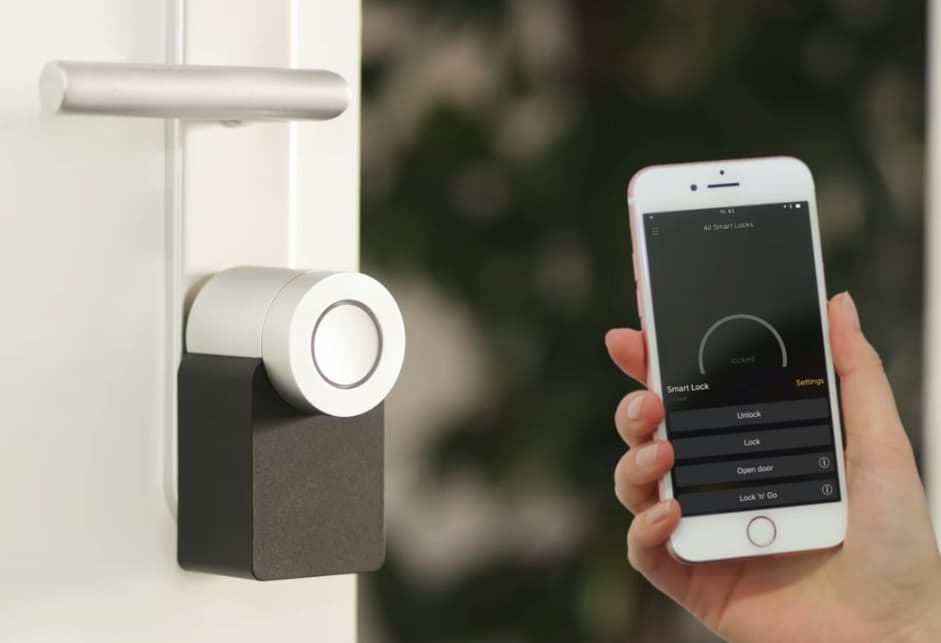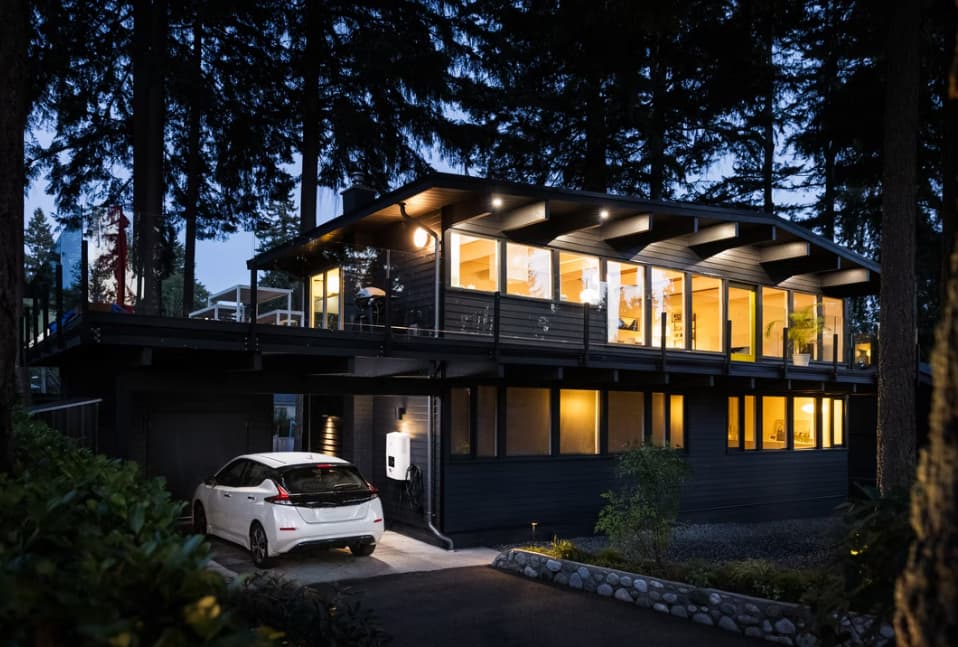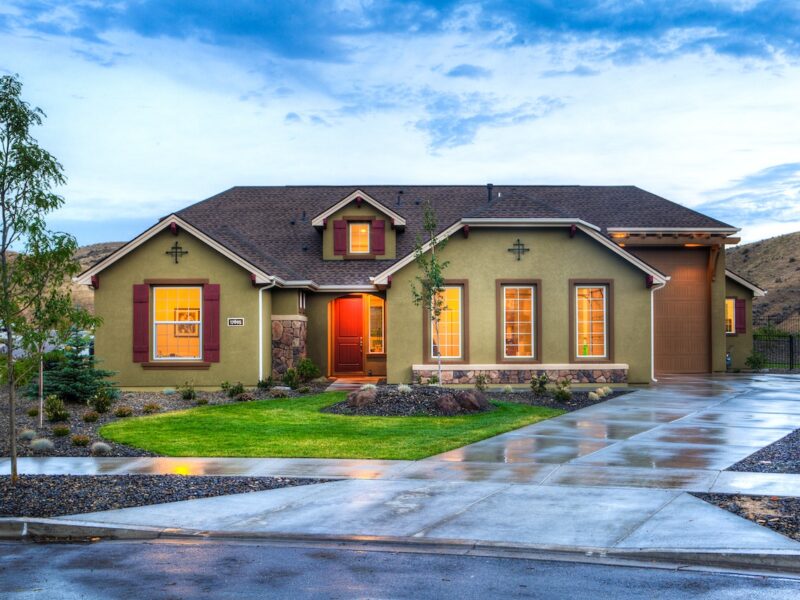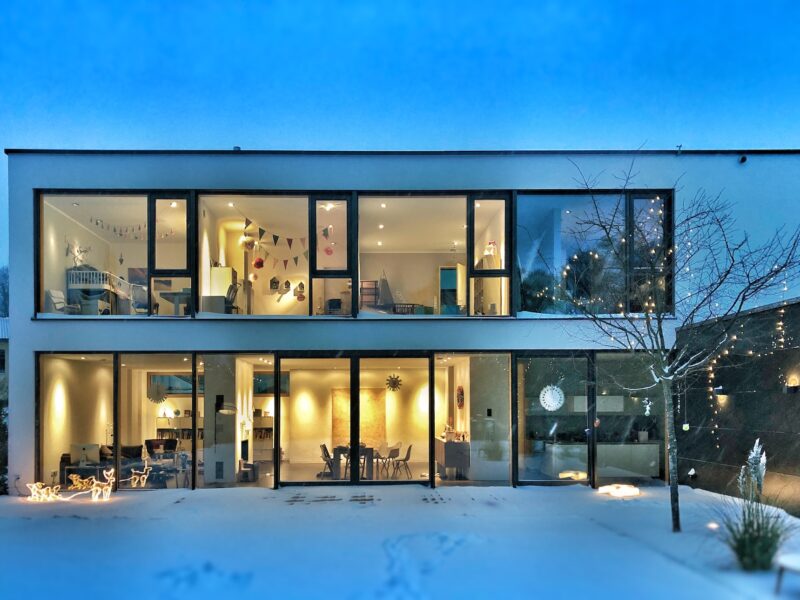Smart homes are getting more and more popular. They help us to get more confident about the security of our homes. You don’t have to worry about whether you locked your home or not before going on vacation. You can control your fridge remotely and warm up or cool down the air in your flat just before you return home. They can help us to tackle routine tasks more effectively and this way save time for indeed crucial decisions in our lives. Today, we explore what people expect from smart homes and what they can already find available in the real world.
What kind of personal assistant do people want?
Researchers analyzed people’s attitudes to AI in their homes. According to the survey published on the Research Gate, for now, the votes for and against having a robot or virtual assistant in one’s home are quite balanced. The number of people who would never use such robots is almost the same as the number of neutral people and those who want to test the new technology. However, the preferences towards the particular behavior of the assistant are quite evident. The majority of participants want the personal assistant to speak their language and wait until the person asks for help. Most people don’t want AI to initiate any conversation. Still, if only a person can initiate a conversation then they don’t mind a quick talk with AI. One more important request is the ability to adjust the voice of the assistant, meaning to change the gender, age, and accent.
What technologies are most wanted in a smart home?
According to the survey above, people would like to have automatic lighting and heating control, as well as cameras to monitor visitors. These facilities are wanted by over 70% of respondents. A bit fewer people want to have electrical appliances control and emergency alarm system (about 60%).
What are the pros of smart homes?
Many people would like to have smart home technology for obvious reasons, such as safety, comfort, and a higher level of life quality. However, many respondents are also afraid of a too high level of dependence on technology and the possibility of monitoring their private lives. People are afraid that the growing usage of technologies even in the everyday domain will make us less efficient. In addition, cameras and microphones that are supposed to be used for smart home features can in the end become the means of spying that we voluntarily install in our homes.
However, if we analyze those concerns with regard to regions, we can notice that Europeans are more afraid of losing their privacy. Only 54% of Asian listed this indicator in their answers, while for Europe this rate is 74%. This difference is especially visible in the older generation in Asia, as representatives of this group value security more than their privacy. Another concern is sharing your medical data, including your health habits, diet, and medicines. The survey shows that the majority of respondents feel fine about sharing their blood pressure, stress level data, heart rate, diet info, and physical activity data.

Smart Homes and Smart Home Technology Examples
The Visionaire, 16 blocks of apartments powered by smart home technology, is one of the very vivid examples of how smart homes are used today. Guests can remotely control electronics and home kits, get notifications from their refrigerators and automatically buy groceries. Flats are equipped with smart lighting, air conditioning, and even motion sensors to protect your possessions from robbers.
JadeScape is an area of houses constructed by a Chinese company QingJian. Their houses are equipped with special health monitoring features in addition to the typical smart home things. For example, you can check your sleep quality and health, and use voice to manage your tools. The air conditioning system reuses the heat and water and helps you cut down on the quantity of consumed water.
Recently, there have been released some very useful technologies that probably anyone would like to have. For example, water leak detection technology can help you to avoid leakage and problems related to it. You will get an immediate notification and have enough time to turn off the water and call the plumber. One more water-saving feature is sensitive facets that will turn off automatically if you remove your hand from the tab. Another thing that can get popular is a smart lock. It can be opened via code or phone, so you don’t have to look for keys every time. The garage door can also be opened by using a smartphone, which is also very convenient.
Though smart home technologies keep evolving and definitely will change our future lives, there are still many concerns related to security, privacy, and the overall readiness of people to accept that high level of digitalization of their personal lives.


